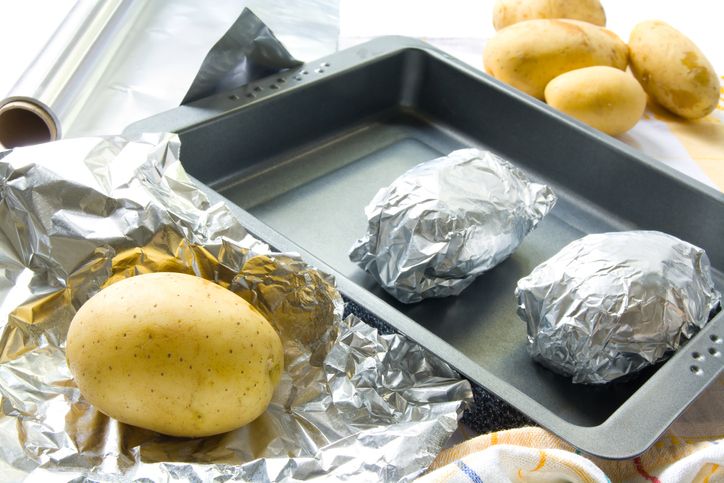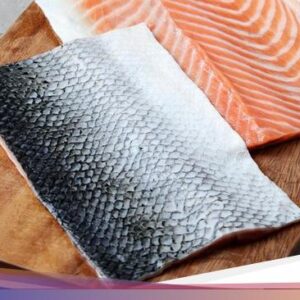Jakarta –
Aluminum foil is often used as a layer for containers or to cover food before cooking. Using it can make different cooking results, but is it safe for health?
Aluminum foil is a metal sheet with a thickness ranging from 0.2 mm which is usually used for cooking and storing food.
In terms of cooking, aluminum foil is usually used to wrap food that will be grilled or grilled. Often also used as a lining for cakes to be baked. The use of aluminum foil is believed to be able to maintain the moisture of food ingredients during the cooking process.
ADVERTISEMENT
SCROLL TO CONTINUE WITH CONTENT
Meanwhile, if used to store food, this metal sheet can block the entry of oxygen, light, odors and germs into the food. Maintains food quality for longer.
In fact, aluminum foil also functions as an insulator to keep food temperature hot or cold.
However, recently rumors have been circulating that cooking with aluminum foil could pose a risk. The reason is, the body can absorb aluminum which seeps into food when cooked.
However, is it true that aluminum is dangerous? The following is the explanation as reported by huffpost.com (05/11/2024).
1. Safety level of aluminum for cooking
 In general, aluminum is actually safe to use, as long as it is used at the recommended oven temperature. Photo: Sora News 24 In general, aluminum is actually safe to use, as long as it is used at the recommended oven temperature. Photo: Sora News 24 |
Darin Detwiler, chair of the National Environmental Health Association’s Food Safety Program at Northeastern University, said that aluminum foil is generally safe for use in cooking at normal oven temperatures.
However, other aspects also need to be considered.
In one study mentioned on the HuffPost site, cooking sour or salty foods at high temperatures can cause aluminum to leach into the food.
David also explained that usually small amounts of aluminum enter food. However, if you frequently consume these foods, this intake could potentially endanger your health.
The United States Food and Drugs Administration (FDA) notes that aluminum can be used up to temperatures of 204 degrees Celsius.
To minimize the transfer of aluminum to food, food scientist Jessica Gavin suggests avoiding cooking or storing sour or salty foods in aluminum foil for long periods of time. Because, this can cause metal in the food and holes in the aluminum foil.
2. Most people consume little aluminum
 Generally people consume aluminum in small amounts. Photo: Getty Images/iStockphoto/IngaNielsen Generally people consume aluminum in small amounts. Photo: Getty Images/iStockphoto/IngaNielsen |
It is important to understand that each person typically consumes only a small amount of aluminum each day.
According to the United States Centers for Disease Control and Prevention, the average person in the country consumes only between 7 to 9 milligrams of aluminum each day through their diet.
However, this aluminum will not leave the body quickly through feces and urine.
Apart from food, aluminum can also come from products, such as cosmetics, medicines and antiperspirants. Inhalation of suspended particles in the air or from drinking water.
Although occasional use carries minimal risks, consumption of high amounts has been linked to health problems, especially for those with kidney problems.
According to Sims experts, aluminum used in ovens at temperatures below 204 degrees Celsius is usually still safe. However, when cooked for long periods of time at very high temperatures, this aluminum migration has the potential to increase. This is also not recommended by the FDA.
Other alternatives to aluminum can be read on the next page!
Watch Video “Tips for Making Garang Asem with Veronica Tan and Chef Eddrian“
[Gambas:Video 20detik]






